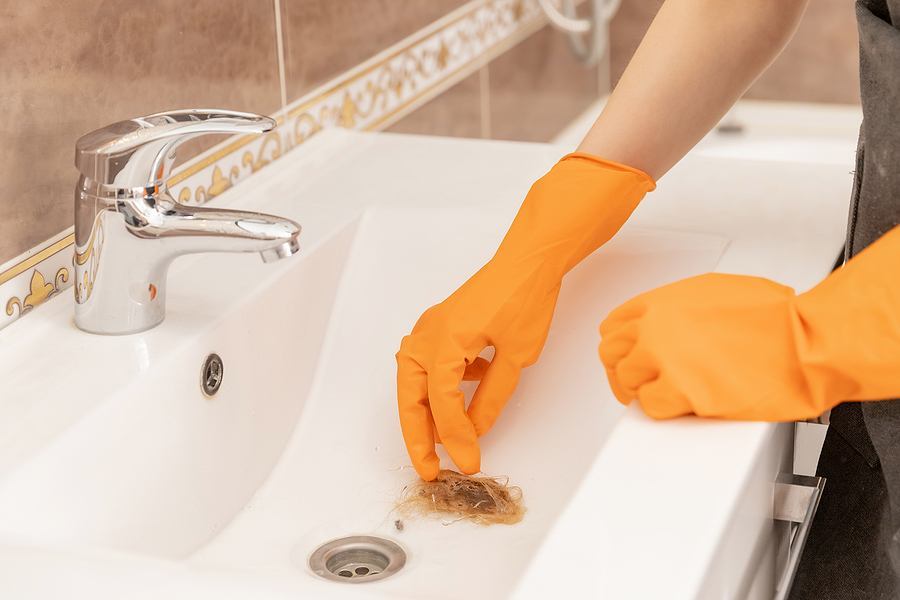First-Time Home Buyers: Ways to Maintain Bathroom Plumbing
First-Time Home Buyers: Ways to Maintain Bathroom Plumbing
Blog Article
Each person has got their unique idea involving 6 Essential Plumbing Checks for New Homeowners.

For new property owners, understanding and preserving washroom pipes can conserve both time and money by preventing pricey concerns down the line. Here are some important shower room pipes pointers to aid you keep every little thing running efficiently.
Acquaint Yourself with the Key Shut-Off Shutoff
Recognizing where the main water shut-off shutoff is located in your house is critical. This permits you to quickly switch off the water supply in case of major leaks or during plumbing emergencies, preventing extensive water damages.
Regularly Check for Leaks
Small leaks can lead to large troubles. Consistently check under sinks, around toilets, and near pipes components for any kind of indications of leaks. Try to find dampness, little drips, or corrosion. Catching and repairing leakages early can protect against more significant damages and conserve water.
Do Not Overlook Slow Drains Pipes
If your sink or bath tub is draining pipes gradually, it's commonly a sign of a blockage developing. Addressing this early can protect against a full blockage. Use a plunger or a plumber's serpent to remove debris. Avoid making use of chemical drain cleaners as they can harm your pipes over time.
Know What Not to Flush
Commodes are not waste disposal unit. Stay clear of flushing anything other than bathroom tissue and human waste. Products like wipes, feminine health products, and cotton bud should be thrown away in the trash to stop obstructions and sewer back-ups.
Mount Strainers in Drains
Location filters in your sink and tub drains to capture hair and other particles prior to they enter your plumbing system. Cleaning the strainers routinely will assist stop accumulation and maintain water streaming openly.
Maintain Your Hot Water Heater
Ensure your hot water heater is readied to a proper temperature (commonly around 120 degrees Fahrenheit) to stop scalding and minimize energy usage. Flush the container yearly to remove debris accumulation, which can lower the effectiveness and lifespan of your heating unit.
Upgrade Your Components
If your home has older fixtures, take into consideration upgrading to a lot more efficient designs. Modern toilets, showerheads, and taps are created to use less water while giving good pressure, which can dramatically decrease your water bill and environmental impact.
Beware with DIY Plumbing Fixes
While it's tempting to take care of all home repair work by yourself, be cautious with pipes. Some concerns might call for professional knowledge, especially if they include primary water lines or sewer repair work. Employing a specialist can often be extra cost-effective than DIY, particularly if it stops more damage.
Prepare for Winter
Protect your pipes from freezing during cold weather by protecting pipelines in unheated areas like basements, attics, and garages. During extreme cold, let cold water drip from faucets offered by subjected pipelines to aid protect against cold.
Set Up Regular Maintenance
Think about organizing yearly examinations with a licensed plumber. They can detect issues that you may miss out on, such as covert leaks or damage on pipelines and components. Regular upkeep assists extend the life of your pipes system and can prevent emergency situations.
Verdict
Comprehending and preserving your home's shower room plumbing can prevent numerous common issues. By adhering to these crucial pointers, you can guarantee your restroom remains practical and efficient, conserving you money and time over time.
Essential Plumbing Tips for Homeowners: Keep Your Pipes Flowing Smoothly
As a homeowner, understanding the basics of your plumbing system can save you time, money, and a lot of headaches. Plumbing issues can range from minor annoyances like dripping faucets to major problems like burst pipes that cause significant damage. This guide provides essential tips to help you maintain your plumbing system and tackle common issues.
Understanding Your Plumbing System
Supply System: Brings fresh water into your home from a municipal source or a well. Drain-Waste-Vent System: Removes wastewater and vents sewer gases outside. Fixtures and Appliances: Includes sinks, toilets, showers, dishwashers, and washing machines. Basic Maintenance Tips
Regular Inspections: Periodically check for leaks, corrosion, and other signs of wear and tear. Look under sinks, around toilets, and near water heaters. Know Your Main Shut-Off Valve: In case of a major leak, you’ll need to shut off the water quickly. Ensure everyone in your household knows where the main shut-off valve is located. Prevent Frozen Pipes: In cold climates, insulate exposed pipes and let faucets drip during extreme cold to prevent freezing. Use Strainers: Install strainers in sinks and tubs to catch hair, food particles, and other debris that can cause clogs. Common Plumbing Issues and Solutions
Clogged Drains:
Prevention: Avoid pouring grease down the drain and use drain screens to catch debris. DIY Fix: Use a plunger or a plumbing snake to clear minor clogs. For stubborn clogs, a mixture of baking soda and vinegar can sometimes help. Leaky Faucets:
Prevention: Replace washers and seals regularly. DIY Fix: Turn off the water supply, disassemble the faucet, and replace worn parts.

Information Report this page